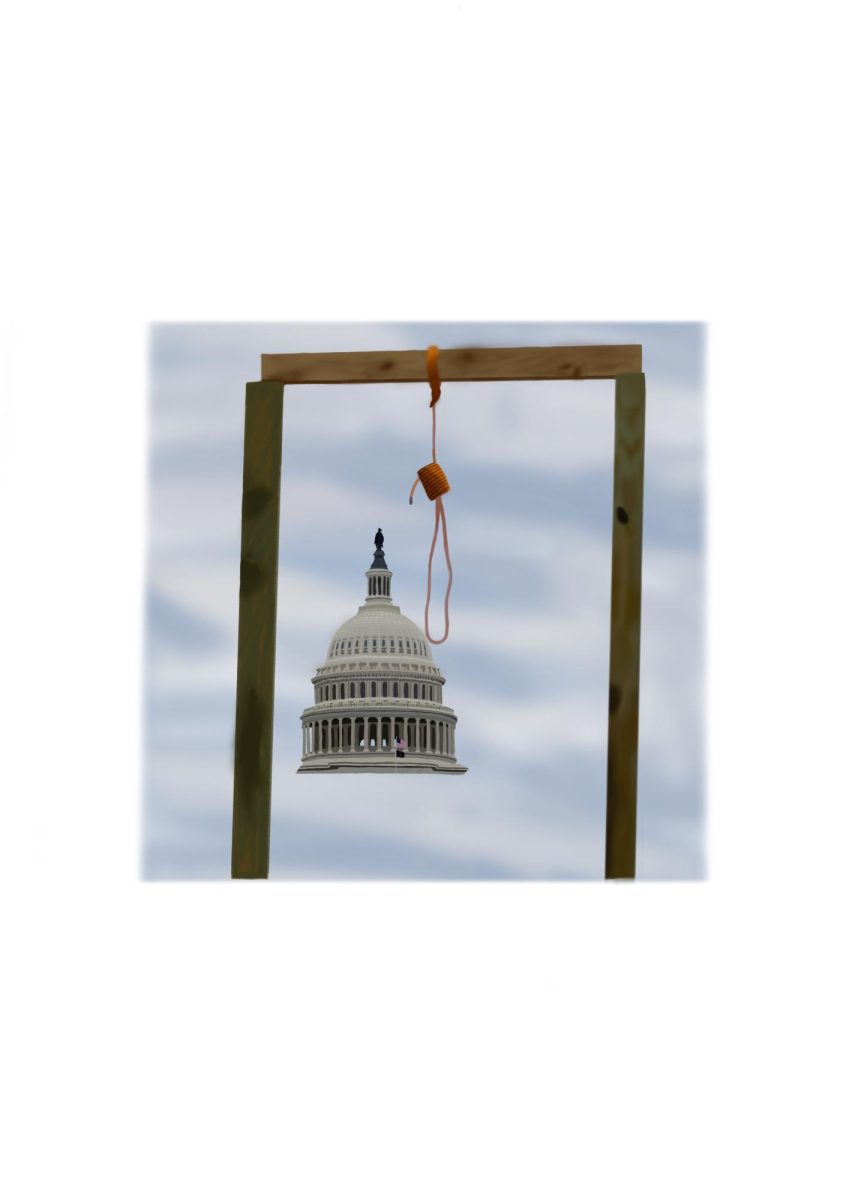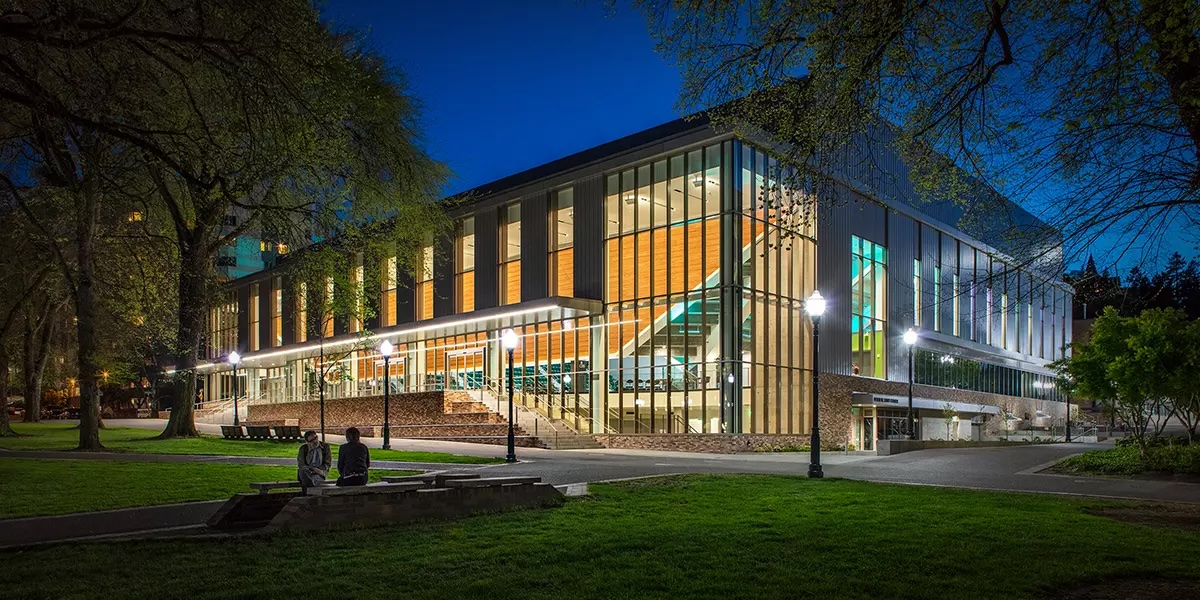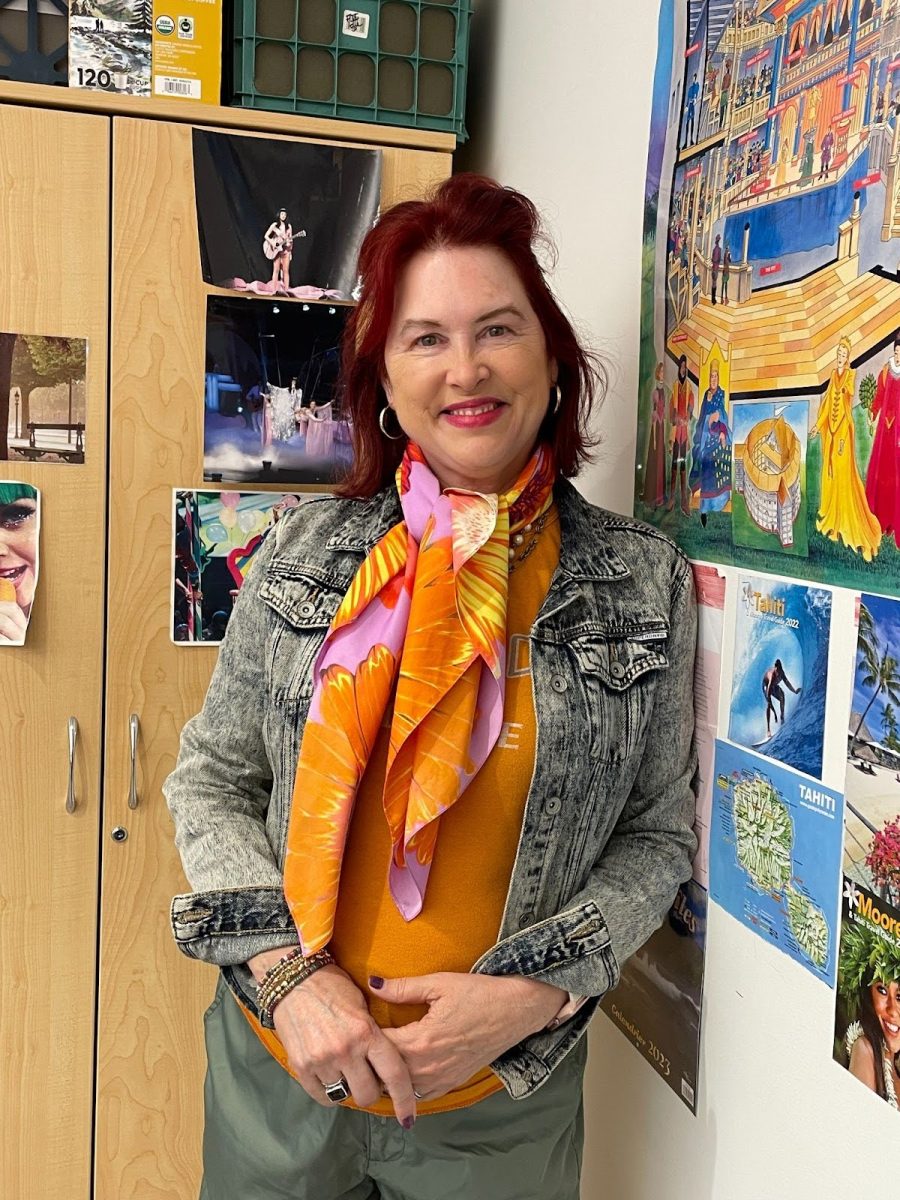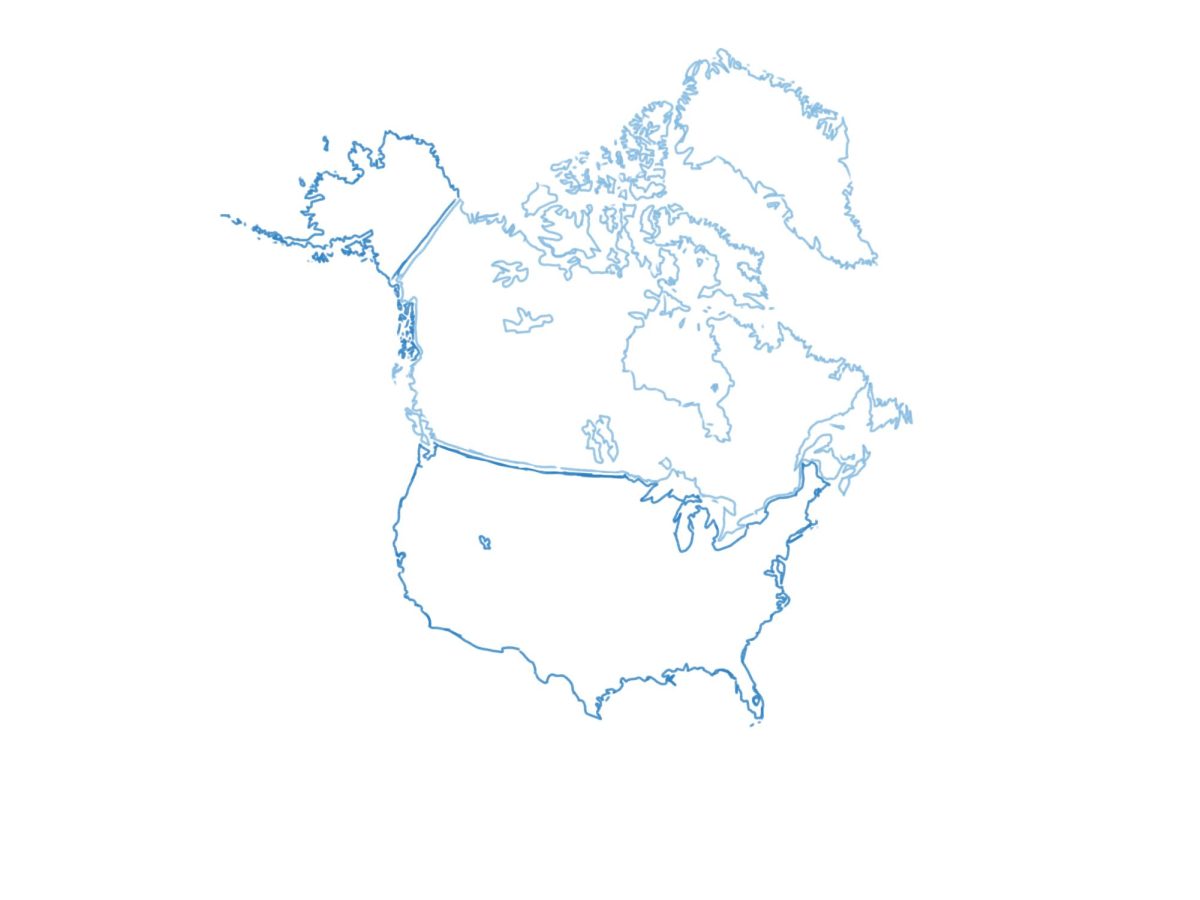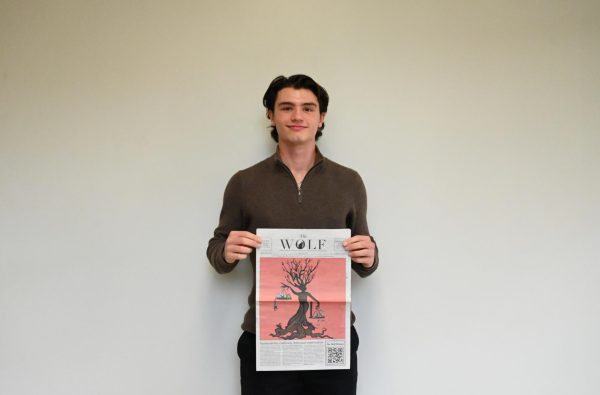It has been nearly four years since Jan. 6, 2021, when the United States Capitol building was stormed by a mob of people challenging the foundation of American democracy. This attack raised questions about the strength of our democracy and what the future would hold for our country.
During a joint session of Congress to certify the 2020 presidential election results, a large crowd of protestors outside the Capitol became an aggressive mob. They breached security and broke into the building, causing mass chaos that resulted in many injuries, death and destruction, making for one of the darkest days in recent American history. The event was in stark contrast to all of the peaceful transitions of power that have taken place throughout American history.
The Wolf sat down with Todd Jukkala, a Tualatin High School history teacher, to ask about the implications of the event.
“I’m not sure that there was any one event that led to the actions taken on Jan. 6; rather, it was a combination of things,” Jukkala said. “The pandemic influenced people’s actions because the nation was dealing with a serious crisis. Crisis often brings out behavior in people that they might not otherwise act upon. It is also apparent that the country has grown more and more divisive over the years.”
The attack on Jan. 6 was an event of historical significance, and it has become a pivotal moment in American democracy. It emphasizes the need for civic accountability and law enforcement and sparked debates about security and the role of leaders and officials in public discourse.
“The biggest lesson that can be learned from the events of Jan. 6 is that the American people need to find a better way to improve their ability to communicate and work together,” Jukkala said. “The American discourse on political and societal issues needs to be less intolerant and more receptive to each other’s ideas.”

